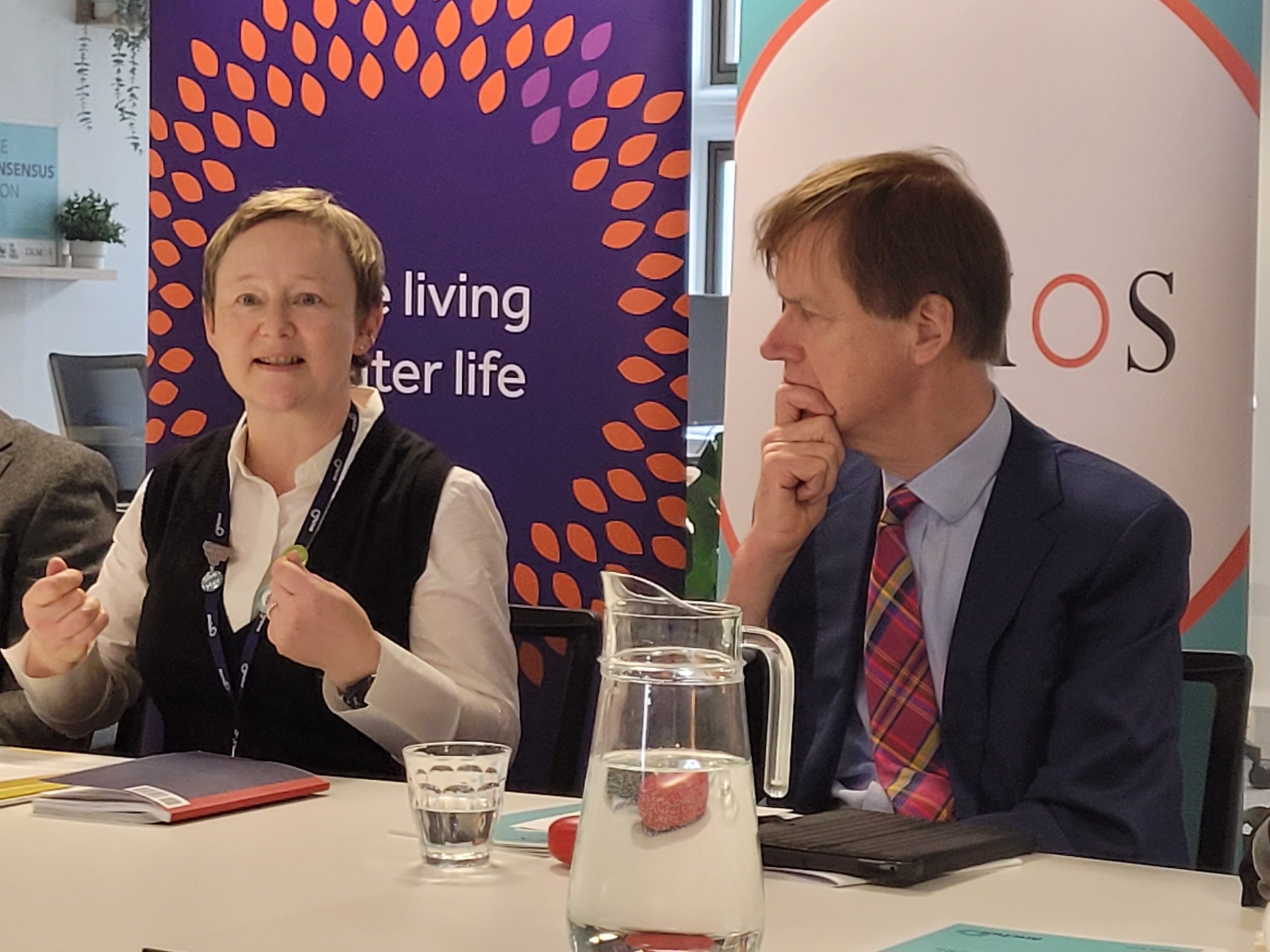On Thursday 14 March, Stephen spoke at a roundtable about increasing employment among over 50s. The event was hosted by the think-tank Demos, and Stephen shared from the findings of the Work and Pensions Select Committee, which he chairs.
Many over 50s left work during the pandemic. Economic inactivity - when someone is neither working nor looking for work - among over 50s peaked at 27.7% in the May-July 2022. Two-thirds of these workers said they left work earlier than expected because of the pandemic, and around 180,000 have remained out of work since.
The Government put encouraging people aged 50-64-years-old at the centre of its Plan for Jobs and Employment in 2022.
The Work and Pensions Select Committee, which Stephen chairs, ran an inquiry on the Government’s plan in 2023. They made several recommendations on helping over 50s back into employment, including tackling ageism in the workforce, strengthening occupational healthcare, and adding flexibility for over 50s with caring responsibilities.
Last week, Demos invited Stephen to share from his committee’s inquiry and discuss their report into the same topic. Their report made many similar recommendations to Stephen’s committee, as well as suggesting a tax bonus to incentivise employment among older workers.
“I was delighted to share my committee’s work on how we can get older people back into the workforce,” Stephen said. “Demos’ work is an important contribution to this discussion. Over 50s bring a wealth of experience and wisdom to their workplaces - it is important we do not lose them!”









